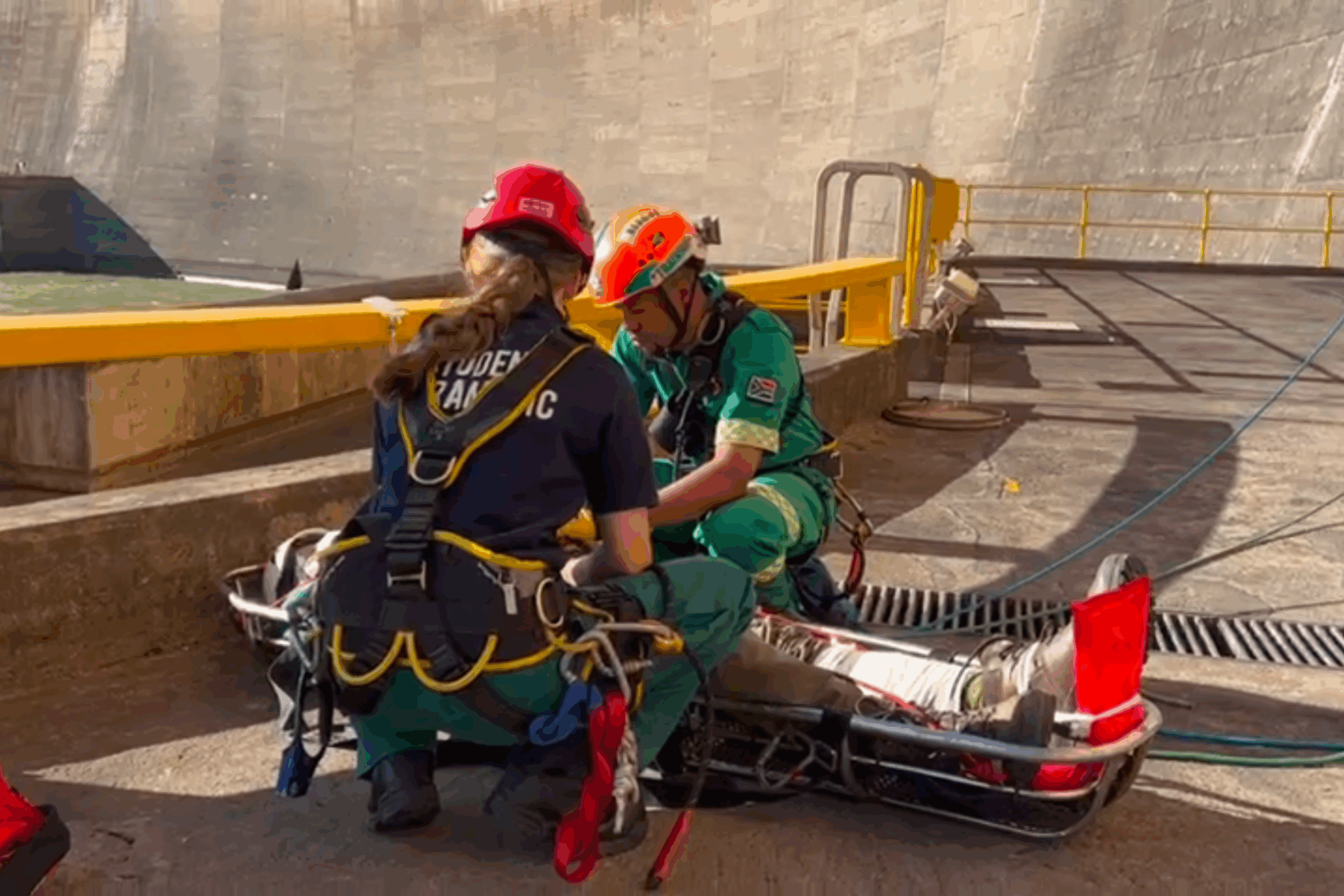The COVID-19 pandemic has brought massive uncertainty to South African and global businesses. Has the degree of uncertainty and stress that we experience on a daily basis created a scenario in which your employees are at huge risk of burnout? What can we do to change this situation?
Most employees have succeeded at remote work – but at a very high price. Many employees have been working remotely since the beginning of the pandemic, doing their bit too ‘flatten the curve’. They have had to adjust and overcome many obstacles and adapt a multitasking attitude. From parent to teacher, working from home, increased work load and pressure, people have been burning the candle from both ends and the candle is starting to burn out.
Why are people burning out? To prove that they are worthy perhaps? Employees are aware of pay-cuts and retrenchments as businesses continue to suffer from the pandemic. Because of this, employees are proving themselves worthy by taking on extra projects and working way more hours than before.
This increased pressure and stress has the potential to negatively affect the mental health of thousands of employees. So as an employer it is important to recognize when an employee needs help and offer them support.

Here’s how to ward off burnout
- Make sure you work a 48-hour maximum working week. Take enough rest breaks and schedule downtime. Life really can’t be all about work. Learning to turn off worries requires effort, but certain practical and psychological techniques can help. Avoid working through your lunch break.
- It’s tempting to think you can squeeze in more work by jumping out of bed and immediately logging in, but you shouldn’t always work during the time you would have spent commuting to work. Think about how you can use that time for your own wellbeing and enjoyment.
- Know when to clock off. Employees should know which hours they are expected to be contactable and clear boundaries should be in place.
- Trust your team. Trust your colleagues and co-workers to do the jobs they are trained to do. If you’re a manager, encourage open communication and offer support when needed.
Employers, here’s what you can do to help your people combat burnout
- Be sympathetic and listen to problems staff may have.
- Staff are overworked and stressed. Pace deliverables and deadlines.
- Don’t micromanage and do not constantly check up on your workers. Trust that your team will do what is needed.
- When workers can plan ahead, they can adjust their work pace, which will greatly help them prevent burnout.
- Don’t give last-minute deadlines and have immediate, unrealistic expectations of staff to perform immediately, no matter the day or time. The situation we are in requires that managers and teams really focus on advanced planning to relieve stress and remove last-minute projects and deadlines.
Above all and where possible, stay away from talk of retrenchment or dismissal and the idea that the hardest worker will survive. Rather encourage healthy working conditions and give support where needed.


